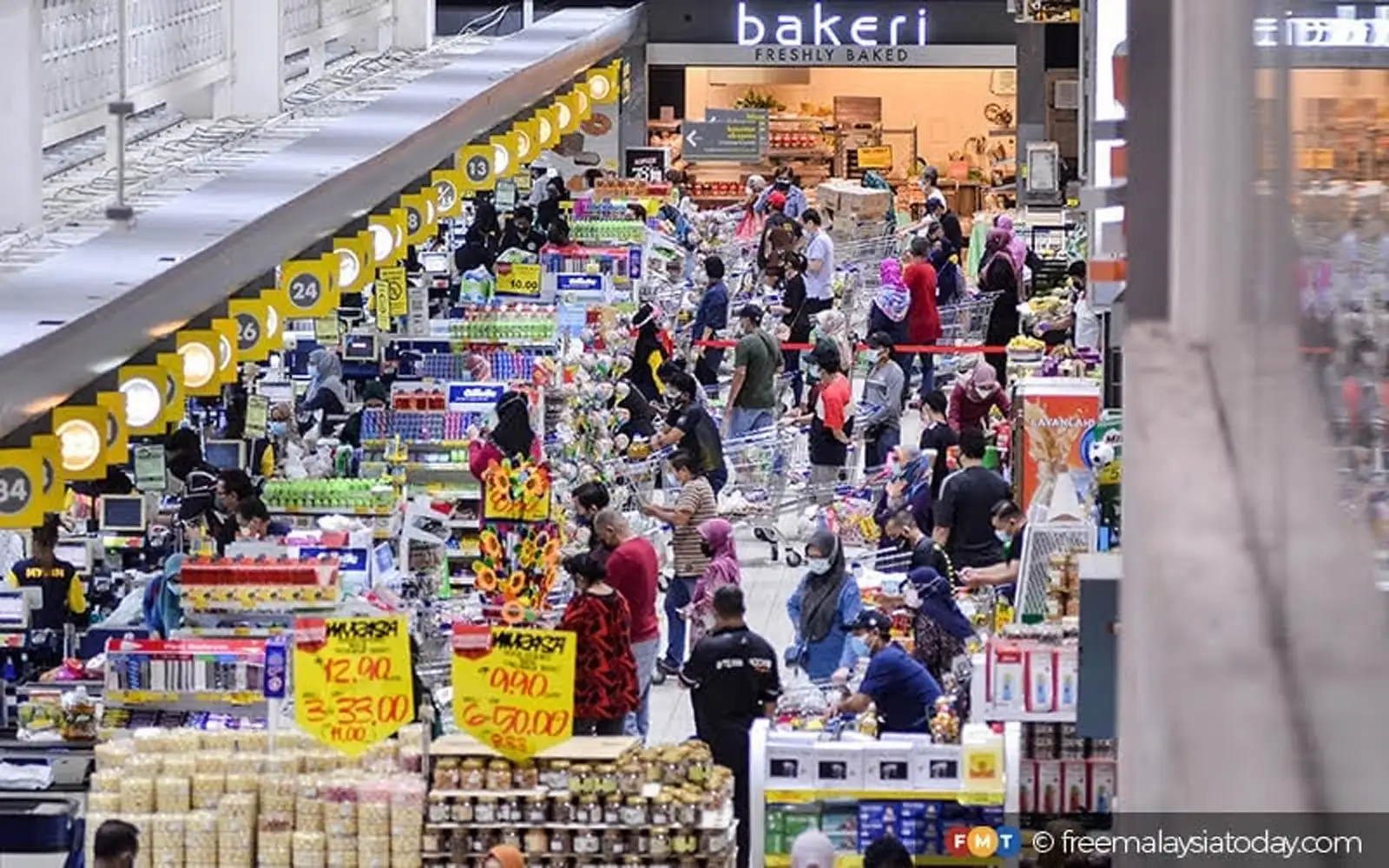By FMT Reporters
The finance ministry announced last month that a 5% to 10% tax rate would be applied to non-essential goods, while the service tax would be extended to cover rentals, leasing, construction, financial services, private healthcare, and education.PETALING JAYA: The finance ministry has announced transitional measures to ease industry compliance with the expanded scope of the sales and service tax (SST), including allowing the manual submission of tax returns for newly taxable services.The ministry said the measures were introduced following feedback from industry players on challenges in meeting operational requirements under the revised tax framework.One of the key measures is a temporary allowance for the manual submission of tax returns for newly taxable services, covering the period from July 1 to Sept 30, to allow service providers more time to upgrade their systems.“However, service tax must still be charged and collected during this period,” the ministry said in a statement.It said that the customs department had also opened early voluntary registration for manufacturers who are subject to the sales tax starting this month.“They will also be eligible to apply for exemptions on raw materials used in the production of taxable goods,” it added.Companies that have received sales tax exemptions through the customs exemption committee or the Malaysian Investment Development Authority before July 1 will continue to enjoy those exemptions, subject to existing terms and conditions.However, companies that begin producing taxable finished goods after July 1 and surpass the threshold will be required to register as manufacturers and may apply for exemptions via the MySST portal.The ministry said the measures were aimed at facilitating business operations and supporting compliance with the expanded SST.The ministry announced last month that a 5% to 10% tax rate would be applied to non-essential goods, while the service tax would be extended to cover rentals, leasing, construction, financial services, private healthcare, and education.However, it said imported apples and oranges would be exempted from the tax, citing affordability issues for lower-income groups such as the B40. Beauty services like manicures, pedicures, facials, and hairdressing were also excluded following public feedback.
